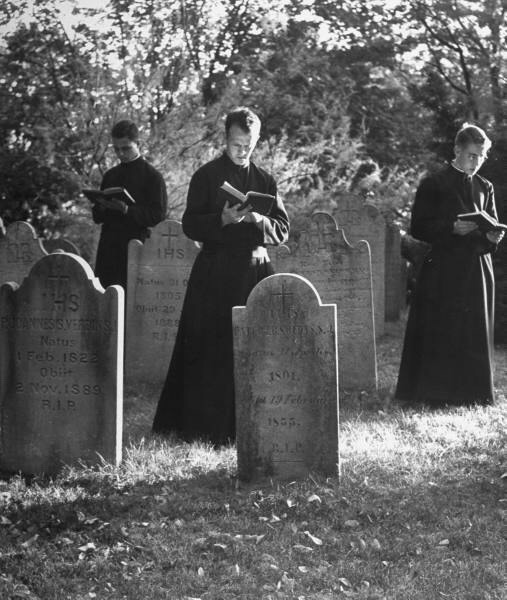—Ps 66:5
When the psalm tells us to "come and see what God has done," it's talking about taking note not of the wonders of creation in nature, but about how God has dealt with God's people. Calvin reminds us that the Bible (both Old & New Testaments) "calls upon us to descend into ourselves if we would discover the proofs of a present God," for the awesomeness toward people spoken of here is God's "evincing an extraordinary providence in their defense and preservation."
This notion of finding the information we need within ourselves is a common theme for Calvin, who spoke of it quite near the beginning of the Institutes [1.5.3], stating that "certain of the philosophers have not improperly called man [sic] a microcosm, as being a rare specimen of divine power, wisdom,













































